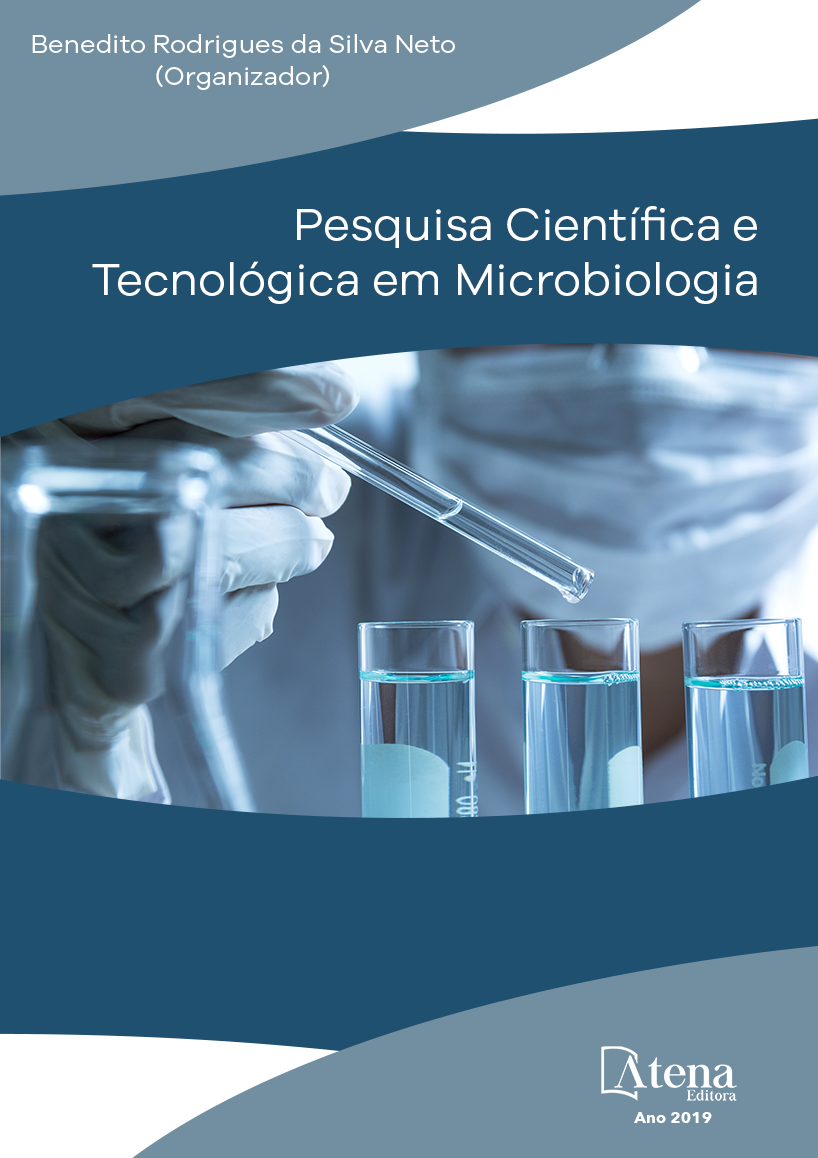
VERIFICAÇÃO DA TEMPERATURA DE DISTRIBUIÇÃO DE REFEIÇÕES QUENTES OFERTADAS EM UMA INSTITUIÇÃO DE LONGA PERMANÊNCIA PARA IDOSOS E A CORRELAÇÃO COM O CRESCIMENTO MICROBIOLÓGICO
As instituições de longa
permanência para idosos (ILPI) são afetadas
pela indisponibilidade de profissionais, como o
nutricionista, podendo comprometer a qualidade
higiênico-sanitária das refeições. O objetivo do
estudo foi verificar a qualidade microbiológica
das refeições ofertadas em uma ILPI. Estudo
de caráter analítico, onde o tempo de exposição
foi definido através do horário inicial e final de
distribuição, sendo a temperatura foi aferida
a partir de um termômetro portátil digital
e as análises microbiológicas seguiram a
metodologia descrita por Silva et al. Nenhuma
das amostras (100%) mantiveram-se em
temperaturas constantes acima de 60ºC. O
tempo de exposição foi variável, sendo o café
da manhã a refeição com maior tempo de
exposição e o jantar com menor tempo. 100%
das amostras apresentaram contagem desejável
de bactérias aeróbias mesófilas. Conclui-se
que é importante adotar balcões que possam
garantir a manutenção da temperatura na
impossibilidade, o binômio tempo-temperatura
deve ser respeitado.
VERIFICAÇÃO DA TEMPERATURA DE DISTRIBUIÇÃO DE REFEIÇÕES QUENTES OFERTADAS EM UMA INSTITUIÇÃO DE LONGA PERMANÊNCIA PARA IDOSOS E A CORRELAÇÃO COM O CRESCIMENTO MICROBIOLÓGICO
-
DOI: 10.22533/at.ed.72719111116
-
Palavras-chave: Serviços de Saúde para Idosos. Bactérias. Alimentos.
-
Keywords: Health Services for the Aged. Bacteria. Food.
-
Abstract:
Long-term care institutions for the
elderly (LTCIFE) are affected by the unavailability
of professionals, such as the nutritionist, which may compromise the hygienic-sanitary
quality of meals. The objective of the study was to verify the microbiological quality of
the meals offered in a LTCIFE. An analytical study, where the exposure time was defined
through the beginnig and end distribution schedule, the temperature was measured
through a portable digital thermometer and the microbiological analyzes followed the
methodology described by Silva et al. None of the samples (100%) were maintained
at constant temperatures above 60°C. The time of exposure was variable, being the
breakfast the meal with bigest time of exhibition and the dinner with smaller. 100% of
the samples presented desirable counts of mesophilic aerobic bacteria. It is important
to adopt balconies that can guarantee the temperature maintenance and when it is not
possible, the time-temperature bimomio need to be respected.
-
Número de páginas: 10
- Andressa Lima dos Santos
- Mateus Oliveira Santana
- Julia Dayane de Miranda Vasconcelos Cardoso
- Mirelly Raylla da Silva Santos
- Deborah Maria Tenório Braga Cavalcante Pinto
- Eliane Costa Souza
- Ismaell Avelino de Sousa Sobrinho


